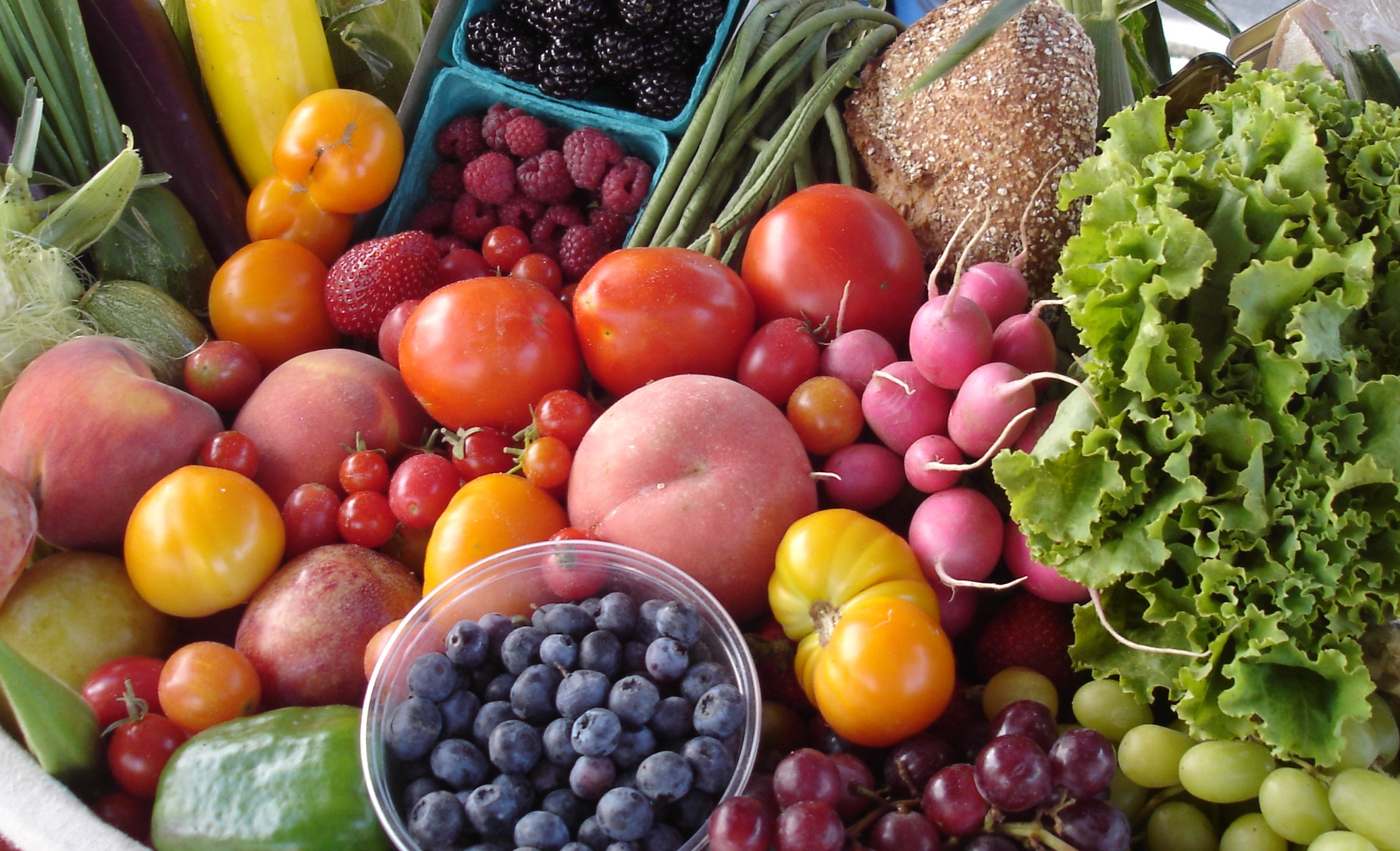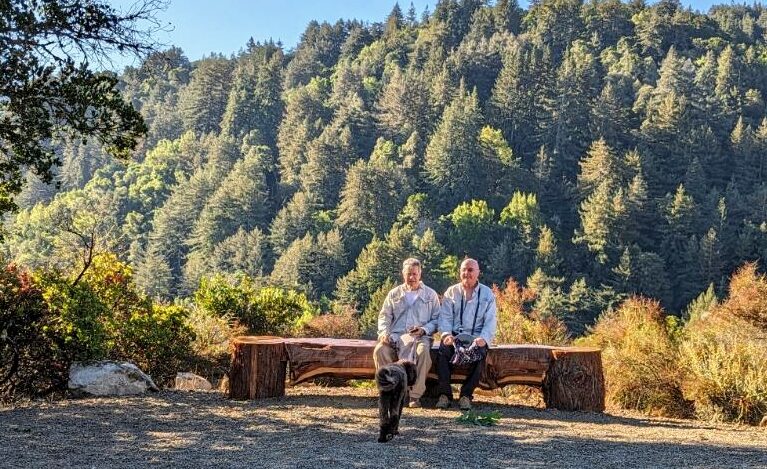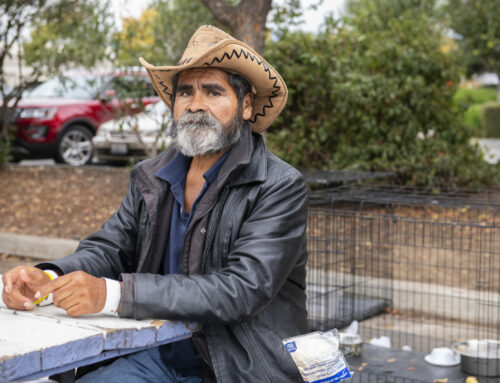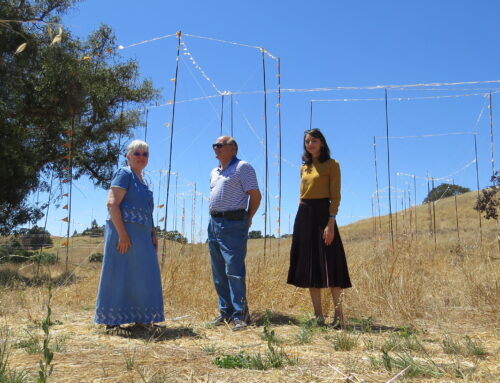The Fattoria Public Market is planned to open in 2026
![]()

By Robert Airoldi

Robert Airoldi
There’s some really good news as a new year-round indoor farmers market is coming to Morgan Hill.
The Fattoria Public Market, the first of its kind in Santa Clara County, which is planned to open in 2026, will provide a hub for agriculture, food, beverage, and education while offering economic opportunity to small farmers throughout the region.
The proposed project will be located on more than 25 acres of agricultural land just south of Morgan Hill off U.S. 101, and will feature a 40,000-square-foot indoor facility that will allow farmers to sell directly to consumers, seven days a week, year-round.
It will also include a beer and wine garden for local wineries and breweries, as well as a distribution and processing facility that will enable smaller farmers to band together to sell their produce to large-scale buyers. All of this will be surrounded by a functioning farm that will provide food for a tasting room on site and serve as an educational hub for environmentally sustainable agriculture.
“(This project) will create an agricultural ecosystem unlike anything seen in California … and will serve as a catalyst for young farm entrepreneurs to have a physical location to form, grow, and expand their business,” Nick Gaich, president of the Morgan Hill Chamber of Commerce, told the city council at a recent meeting, at which the proposal was unanimously approved.
“Fattoria Public Market will blend various agricultural experiences under one roof, not to mention combining educational and tourism components as well. The council saw this opportunity as (a) win for everyone,” said Morgan Hill Mayor Mark Turner in a press release.
The project is set to begin construction in late 2025.
 We got great news from John and Sherry Hemingway regarding some new benches at Mt. Madonna County Park. On a recent visit, John came home enchanted by some unique benches and “photo booths” spreading throughout the park.
We got great news from John and Sherry Hemingway regarding some new benches at Mt. Madonna County Park. On a recent visit, John came home enchanted by some unique benches and “photo booths” spreading throughout the park.
Apparently, they are the work of a maintenance worker named Miguel. As he cleans up giant, fallen redwoods, he re-purposes them into unusual benches and chairs. There are a variety of works up there, including whole logs with a seat carved out of the back with a chainsaw. John ran across a half dozen of these chairs overlooking beautiful vistas along several trails on top on a recent hike.
Young men are learning how to be chefs at the Neon Kitchen in downtown Gilroy.
A few lucky youths in the Carry the Vision after-school program helped cook a gourmet meal Nov. 27 courtesy of Mark Segovia, the nonprofit’s workforce director and a certified chef. Segovia enlisted Anthony, Kai and Gabriel to help prep a mouthwatering spread.
“We had roasted garlic honey chicken breast, oven roasted potatoes, sauteed squash, roasted butternut squash and a fresh garden salad,” said participant Terrance Hunter, founder of Empowering the Fatherless. “It proved to be a healthy and tasty treat!”
The evening provided hands-on culinary and life skills training for the boys. Events like this empower Carry the Vision’s youth to reach their full potential.
 As if there isn’t enough to worry about when shopping for the holidays, the Better Business Bureau reminds us that peak shipping season is here, and con artists are capitalizing on it. In a new scam, phony e-commerce websites hit shoppers with a bill for “discreet shipping.” This extra fee allegedly pays for special packaging or stamps, but it’s a trick to get online shopping scam victims to hand over more money. Here’s how to recognize the signs of this scam.
As if there isn’t enough to worry about when shopping for the holidays, the Better Business Bureau reminds us that peak shipping season is here, and con artists are capitalizing on it. In a new scam, phony e-commerce websites hit shoppers with a bill for “discreet shipping.” This extra fee allegedly pays for special packaging or stamps, but it’s a trick to get online shopping scam victims to hand over more money. Here’s how to recognize the signs of this scam.
You order something online and pay for the product and shipping. However, before the item can be delivered, the vendor contacts you. They claim you must pay an extra fee for “discreet shipping.”
What even is discreet shipping? Well, it depends on the scam. BBB Scam Tracker has gotten multiple reports from consumers who purchased diet pills, vaping products, ammunition, CBD edibles, or other similar products. Other times, scammers charge a “discreet shipping” fee when a shopper marks their online purchase as a gift. In another twist, scammers tell shoppers they must pay for “discreet package stamps” to prevent their packages from passing through customs.
Scammers usually ask for payment through a digital payment app such as Zelle or CashApp. If you use an app to pay, you probably won’t be able to recover your funds when you realize the business is a sham.







